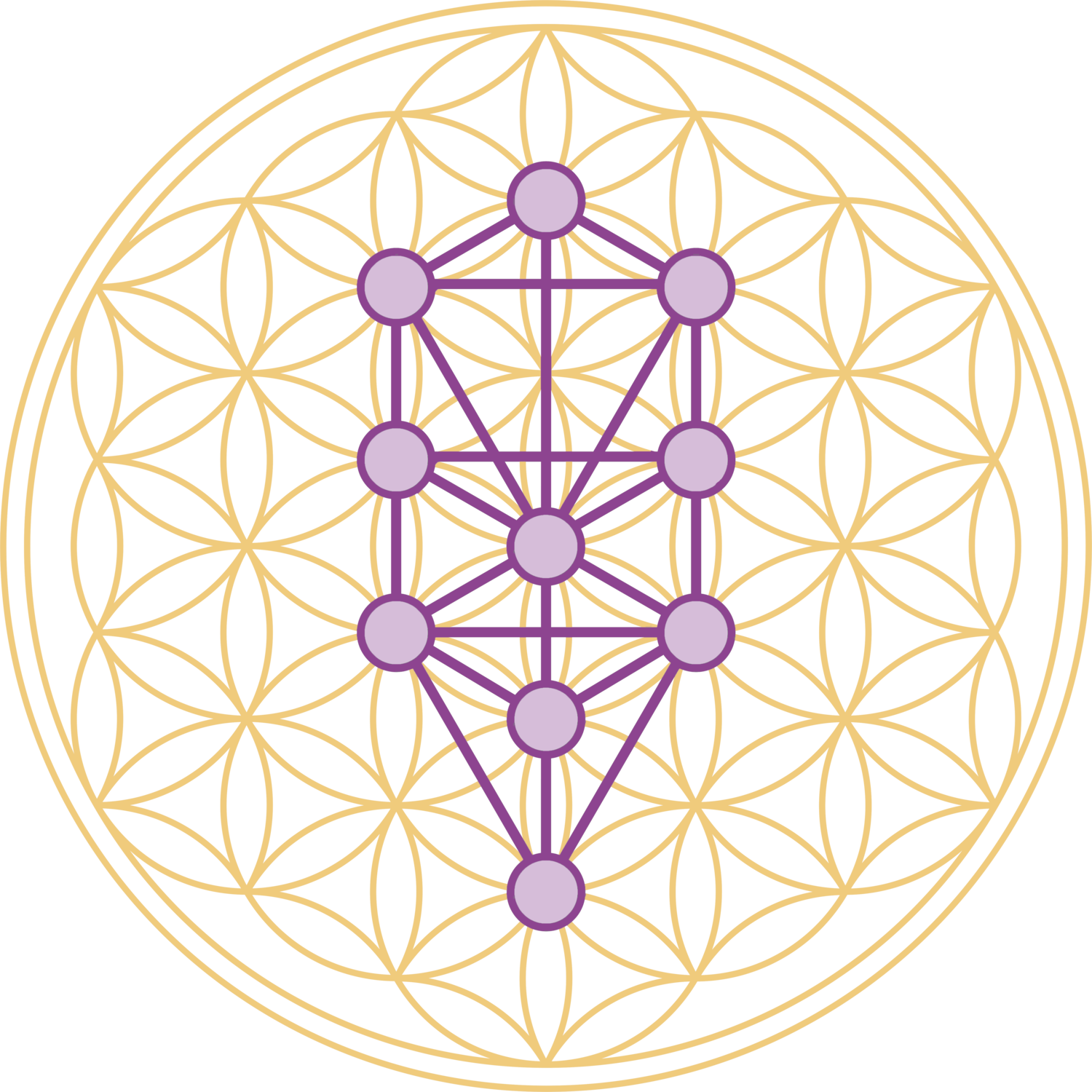The Power of Yoga in Recovery
Yoga is an ancient practice first established in India as early as the 11th century.
For those of you who are able, we highly recommend that you experiment with hatha yoga. Please watch the beginner’s introductory video on the practice of yoga at the end of this article to get started. If you can do this practice and have an interest, we advise that you seek the expertise of a yoga teacher for instruction. Many excellent yoga classes can be attended online.
There are a multitude of scientific studies in the literature that validate many positive effects of yoga.
Psychological and physical benefits of yoga include:
release of endorphins that improve your mood, reduce stress
improved anxiety and depression
relief from chronic pain (including chronic low back pain, fibromyalgia)
improved sleep
weight reduction
increased flexibility
increased muscle strength and tone
improved respiration, energy, and vitality
maintained balanced metabolism
improved cardiovascular health
improved athletic performance
protection from injury
improved posture
smoking cessation
Yoga can be a valuable and holistic practice for individuals undergoing addiction recovery. It not only promotes physical fitness but also addresses the mental and emotional aspects of well-being. Here are some yoga practices that are particularly beneficial for people in addiction recovery:
Hatha Yoga:
Hatha yoga is a gentle and foundational practice that involves a combination of physical postures (asanas), breath control (pranayama), and meditation. It is a great starting point for individuals in recovery as it emphasizes the mind-body connection and encourages a sense of balance.
Restorative Yoga:
Restorative yoga focuses on relaxation and stress reduction. It involves gentle poses supported by props like blankets and bolsters, promoting a deep sense of relaxation. This practice is especially beneficial for individuals dealing with stress and anxiety during the recovery process.
Yin Yoga:
Yin yoga involves holding passive poses for an extended period, typically 3-5 minutes. This practice targets the connective tissues and encourages mindfulness. Yin yoga can be therapeutic for individuals in recovery as it fosters introspection and patience.
Mindfulness-Based Stress Reduction (MBSR) Yoga:
MBSR yoga incorporates mindfulness meditation techniques into the practice. It helps individuals cultivate awareness of the present moment, manage stress, and develop resilience. MBSR is widely used in addiction recovery programs for its therapeutic benefits.
Kundalini Yoga:
Kundalini yoga involves dynamic movements, breathwork, and chanting to awaken spiritual energy. It is known for promoting emotional balance and mental clarity. The holistic nature of Kundalini yoga can be empowering for those seeking a comprehensive approach to recovery.
Vinyasa Flow Yoga:
Vinyasa flow is a dynamic and fluid style of yoga that links breath with movement. This practice builds strength, flexibility, and endurance. For individuals in recovery, Vinyasa flow can be a physically engaging and energizing way to release tension and boost overall well-being.
Trauma-Informed Yoga:
Trauma-informed yoga is designed to create a safe and supportive environment for individuals who have experienced trauma, which is common among those in addiction recovery. This approach emphasizes choice, empowerment, and a keen awareness of individual needs and boundaries.
Meditation and Mindfulness Practices:
While not strictly yoga, meditation, and mindfulness practices are often integrated into yoga sessions. These practices help individuals manage cravings, reduce stress, and enhance overall mental clarity. Mindfulness-based interventions are increasingly recognized as valuable tools in addiction recovery.
Before starting any yoga practice, individuals in recovery should consult with healthcare professionals and experienced yoga instructors to ensure that the chosen practices align with their physical and emotional well-being. Yoga can complement addiction recovery by fostering self-awareness, resilience, and a sense of balance in mind, body, and spirit.
We recommend viewing Sarah Beth’s 15 minute morning yoga routine to get started.
